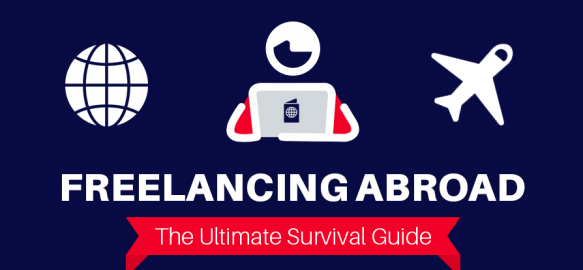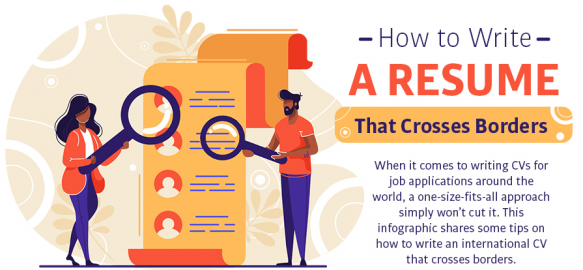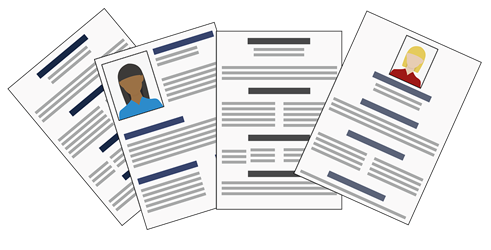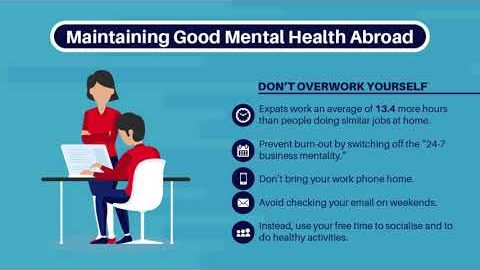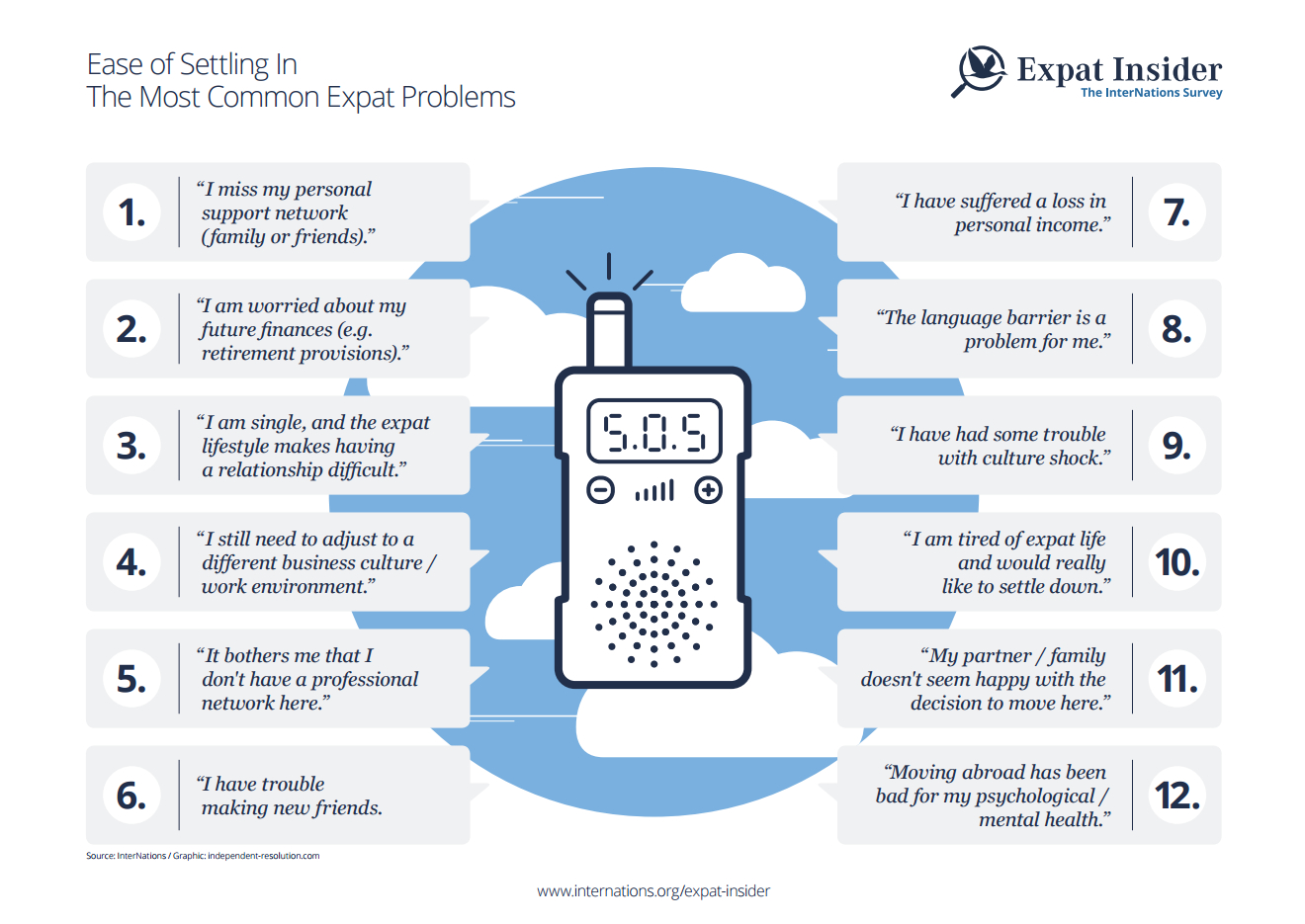Preparing for International Interviews – First Steps
Before starting an international job hunt, the first thing you should do is check that your passport is valid and in-date. This will save a major headache should a potential employer ask you to travel at short notice.
If you are applying for roles in a non-English speaking nation, then you should consider attending some language lessons to boost your proficiency. This will also help you to feel more confident during the job interview.
Many employers seek out candidates’ social media profiles ahead of meeting them. If your social media profiles are public, be sure to set them to private. Alternatively, you can make them “employer-friendly” by removing any inappropriate content. It is also a good idea to spend some time optimising your LinkedIn profile.

How to Prepare for A Remote Job Interview
Advances in internet and telecommunications technology means that it has never been easier to communicate across the world. As such, it is now common practice for organisations to use video chat to interview candidates. Don’t expect a remote interview to be easier than a face-to-face interview. The interviewer will expect the same level of preparation and quality as they would if you were right in front of them. You should also dress professionally as interviewers will expect you to dress appropriately for video calls.
If you have arranged a video interview, make sure that you have prepared your space adequately:
- A quiet, distraction-free location
- A strong internet connection if conducting the interview online
- A landline with a consistently strong connection
- For video calls, choose a spot with a professional, well-lit backdrop
- Your résumé, notepad and pen
- A glass of water
How to Prepare for A Job Interview in Another Country
When applying for work in other countries, you will need to be mindful of potential travel demands. Many employers will want to meet you in-person following the initial interviews. Before committing to an interview, find out if you are responsible for making your own arrangements or if the employer will take care of this for you. Ensure that you are clear on the arrangements such as airfare, hotel, and ground transportation. You should also establish what expenses the prospective employer will reimburse you for and what you will need to cover yourself. We also advise arriving a day early to leave time for any potential travel delays.
5 Common Interview Questions for Interview Candidates
- Why do you want to work abroad?
- Tell us about your international experience.
- Tell us about a time when you worked with people from different cultural backgrounds.
- What skills do you have that would help you adapt to working abroad?
- Do you have eligibility for citizenship abroad?
Learn how to write the perfect résumé for international jobs.
Job Interview Differences Around the World
Before attending an international interview, research the local workplace etiquette, culture and expectations. Showing your cultural awareness will make a good impression on prospective employers. To help get you started, we have created a handy infographic which goes through everything you need to know about attending job interviews abroad.
Read the infographic to learn how to succeed at international job interviews.







